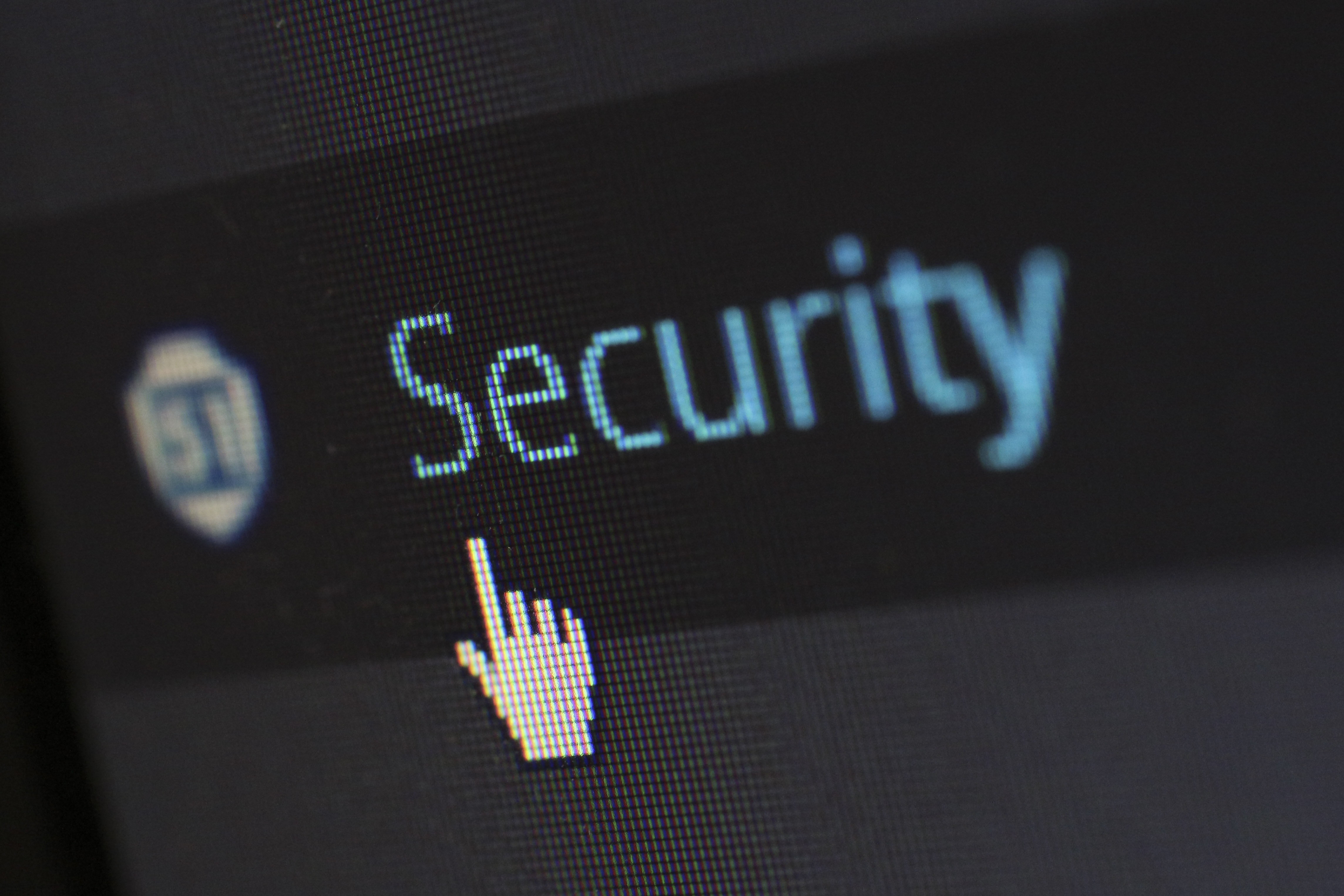Lessons Learned from the Yahoo Breach-5 Ways You Can Protect Yourself from a Cyberattack

The recent cyber beach announced by Yahoo impacted around one billion people worldwide. Millions could have and may still be negatively affected.
In the most recent case, Yahoo announced users had their passwords and information stolen sometime in 2013. This followed a different cyberattack the tech firm announced in September.
Those who may not have seen the ill effects of these breaches may still be at risk. As their data gets circulated among a wide-range of cyber pirates, key personal information can be compromised. Checking accounts can be emptied and credit card numbers stolen.
In addition, a spouse, children’s names, address, place of employment and other records can be exposed. An exemplary credit history can be destroyed. Repairing it all could take months of effort with endless phone calls, letters, and emails.
The Yahoo intrusion follows many breaches that have impacted major corporations like Target, Home Depot and Sony. It indicates a major breach can happen to anyone, at any time. While no system is totally safe, those who are not proactive about protecting their key data are most likely to suffer the consequences.
Here are five actions you can take now to greatly improve your chances of preventing and/or surviving an online attack.
•Clear and change your passwords and logins on a regular basis. Changing this information periodically will prevent hackers from using older information to penetrate your accounts. Altering them monthly would be optimal. A refresh at least once a quarter provides solid protection.
•Use separate passwords for separate accounts. Instead of employing something like “Joe 101” across all online platforms, utilize a variety of passwords for different accounts. While it can be a tedious task to remember them all, applications exist to store and access them.
•Make online purchases with credit cards only. Shy away from using online payment services and debit cards for Internet purchases. Credit cards receive a high degree of protection from federal law. Transactions can be more easily traced and remedied with a credit card number than with other alternatives.
•Refrain from clicking on links from unknown sources. Many cyber thieves will use one of your friend’s names or contacts in hopes of enticing you to click on a dangerous link. The friend’s name will be recognizable but the email address will be highly unusual. A URL address will part of the message. Cyber crooks want you to click on the URL thinking it is a typical social interaction. Instead it can connect to Malware and other dangerous sources which can seize your information, freeze your computer from additional use, and even require a ransom to regain control of your device.
•Ensure firewalls and anti-virus programs are active and up-to-date. A higher degree of online protection will help protect against most cyber criminals. Individuals and their families need more than to assume their anti-virus software is optimized against the latest threats. Programs should be updated regularly to ensure the latest applications have been installed and activated. Businesses may wish to employ an IT firm, hacking professional, or other expert to assist in this process. The best defense against cybercrime is a proactive offense.


